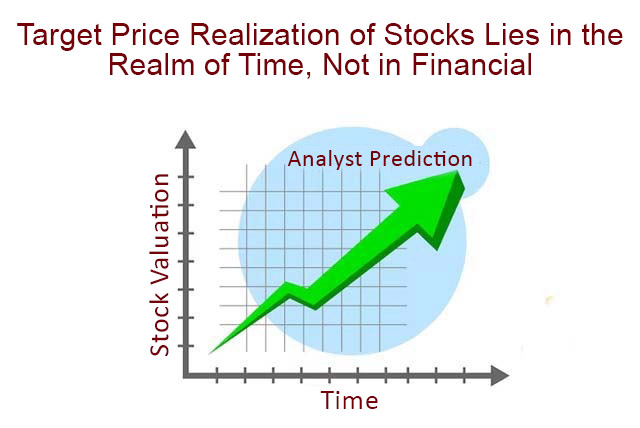March 09, 2023 (MLN): China's inflation rate slowed to a one-year low in February, raising doubts about the strength of the country's economic recovery as consumer inflation increased by 1% in February compared to the previous year, down from a 2.1% increase in January, according to China's National Bureau of Statistics.
This figure was also lower than the 1.7% increase anticipated by economists polled by The Wall Street Journal, and it marked the lowest reading since February 2022. The drop in consumer-price growth was due to a pullback in demand after the holiday, as well as ample market supply.
The modest inflation figure follows lackluster trade figures for the first two months of the year, casting fresh doubt over the strength of China's economic rebound and raising questions about whether the scrapping of Covid controls alone would be enough to put growth back on Beijing's desired trajectory.
Chinese leaders set a growth target for the gross domestic product (GDP) this year at around 5%, a relatively conservative goal after zero-Covid lockdowns and a government-induced property slump restricted growth to 3% in 2022, one of the slowest rates in decades.
Economists interpreted the GDP target and other financial goals as a sign that stimulus is unlikely to be on the table this year, with leaders instead relying on the lifting of Covid restrictions to do most of the work. Beijing's abrupt end to its zero-tolerance approach to contain Covid late last year fueled a sharp rebound that could be seen in some economic indicators this year, including manufacturing output and services spending, both of which topped many economists' expectations.
However, many economists question the sustainability of the rebound.
Overseas demand for Chinese-made goods is expected to retreat further this year, after stumbling during the first two months of 2023, extending a string of year-over-year declines stretching back to October.
Authorities have displayed little interest in juicing up the growth rate by launching large-ticket stimulus to fund infrastructure projects.
That means spending by Chinese households, who have socked away a sizable amount of cash during the pandemic, will largely determine how fast the economy expands this year.
Without visible improvements in the labor market, economists expect consumers to remain cautious. Should China's post-Covid economic rebound remain lackluster, one silver lining would be that consumer inflation remains far less of a concern in China than in the West.
Some economists believe consumer prices will likely rebound in the coming months as more people take advantage of their new post-pandemic freedoms, though inflation is unlikely to reach the levels seen in other economies after they reopened, according to Capital Economics.
February's inflation data showed demand for services cooling quickly after January's weeklong Lunar New Year holiday. Food prices rose 2.6% from a year earlier in February, slowing from January's 6.2% growth. Prices of pork, a Chinese staple that has a large weighting in China's consumer-price index, decelerated to 3.9% growth, down sharply from the 11.8% increase in January. Stripping out food and energy prices, consumer prices rose 0.6% from a year earlier in February, compared with January's 1.0% increase.
Meanwhile, deflationary pressures on factory goods produced in China accelerated as demand from Western economies softened further. The producer-price index dropped deeper into deflationary territory in February by falling 1.4% from a year earlier, compared with January's 0.8% decline, the statistics bureau said.
The bigger uncertainty around China's inflation outlook is its impact overseas, rather than at home. China will likely consume more energy as its economy recovers, putting upward pressure on the prices of oil and other commodities. If that scenario comes to pass, it may increase pressure on global central banks.
Copyright Mettis Link News
Posted on: 2023-03-09T10:19:33+05:00







